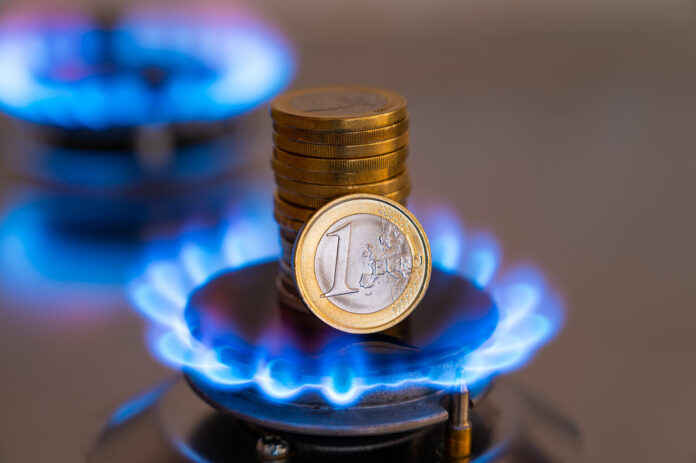On July 1, 2023, regulated gas sales tariffs (TRV) will disappear. Regulated gas prices were previously set by the public authorities. With their disappearance, contracts indexed to Engie’s TRVs will come to an end. These contracts, mostly offered by Engie, therefore increased in the same proportion as the price of energy set by the State.
The indexed contracts offered a form of security to households who could follow the increase in the price of energy and therefore their bill. Where the prices of market offers are themselves defined solely by the suppliers. Which offers will replace those indexed to the gas TRV?
2.3 million people benefited from prices indexed to the regulated gas tariff. With the abolition of the gas TRV on July 1, 2023, Engie is offering a new offer whose prices will this time be indexed to a new reference price. This new indicator is based on a calculation method established in April by the Energy Regulatory Commission (CRE), according to Capital.
This new index should allow households to compare the various offers on the market in order to find the contract at the best price. But, unlike TRV-based contracts, consumers will no longer be able to anticipate energy price increases. Indeed, the reference price, published each month from June 1, will only concern price contracts indexed to monthly stock market prices. So, for example, July 1 benchmark prices will be published as of June 1 based on May market average gas prices. Is it better then to take out a gas contract at fixed prices?
According to CRE, 52% of households consuming gas have opted for a fixed price contract. The price of their gas consumption is not subject to market variations or changes in a reference price. The choice of supplier is then made without the help of reference prices to compare the offers. But these fixed-price contracts can be a happy bet on the evolution of gas prices.
Indeed, if gas prices fall, consumers pay more for their contract than if they had opted for short-term tariffs. But in the case of a surge in prices, he is protected since his bill will not suffer the blow of the increase.
In the current situation of falling gas prices, for Emmanuelle Wargon, president of CRE, suppliers “will again offer more protective fixed price offers. If you sign for a year or two, you no longer have any risk because you know how much you will pay. It’s another way of protecting yourself” (BFMTV). More profitable depending on market conditions, are fixed price contracts really safe?
As Alexandre Loukil, energy journalist for Capital, points out, the consumer is “protected yes, but only in practice”. In fact, it happens that gas suppliers choose not to practice fixed price tariffs and to break their commitment.
For example, in February 2023, the gas supplier E-Pango was taken to court by the national association for the defense of consumers and users (CLCV) for having unilaterally terminated the contract of 15,000 tenants in 2021, according to Le Monde. .
According to the CLCV, “this case is the perfect illustration of the lack of prudential rules in terms of coverage […] For a year, the CLCV has been pleading with the French government and the community authorities for the implementation of minimum prudential obligations at the like what was done after the 2008 financial crisis in the banking sector.”
According to the CLCV, the disappearance of gas TRVs could lead to an increase in this type of dispute since “retail markets have become toxic in the sense that on market offers suppliers have regularly called into question fixed-price contracts “Capital reports.















